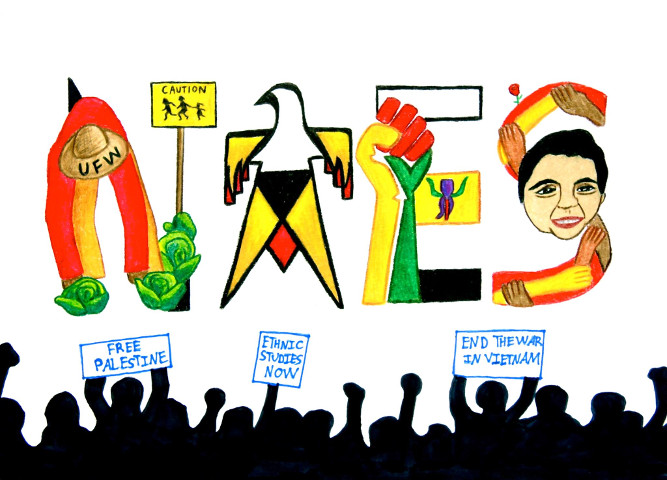Explorations in Ethnic Studies

Orginal Publication Date
1989
Journal Title
Explorations in Ethnic Studies
Volume
12
Issue
ees/vol12/iss2
First Page
35
Last Page
48
Abstract
Jesse Jackson's 1984 and 1988 presidential campaigns have motivated thousands of citizens throughout America to take a more active role in politics. The 1984 campaign witnessed many previously unregistered Americans actively participating in Jackson's call to join the "Rainbow Coalition." Four years later, Jackson once again hit a responsive chord within the American electorate, broadening his support base in his second run for the White House. His vibrant campaigns presented challenges not only to the American system of government, but also to accepted journalistic traditions in campaign reporting. Specifically, the dilemma has been a difficult one for journalists responsible for campaign coverage. How much coverage should a reporter give to Jesse Jackson's campaign? Should he be treated like an Alan Cranston or Gary Hart in 1984, or a Paul Simon or Albert Gore in 1988? Or does the historical impact of his being the first black candidate to make a serious bid for the presidency warrant a different approach to press coverage? Highlighting this dilemma in the 1984 campaign, Dates and Gandy note: Jackson's candidacy was a challenge for the press because on the one hand journalistic traditions would dictate that the ideological orientation of the media organization would constrain its coverage to be consistent with longstanding editorial practice.[1]
Rights
Copyright, ©EES, The National Association for Ethnic Studies, 1989


